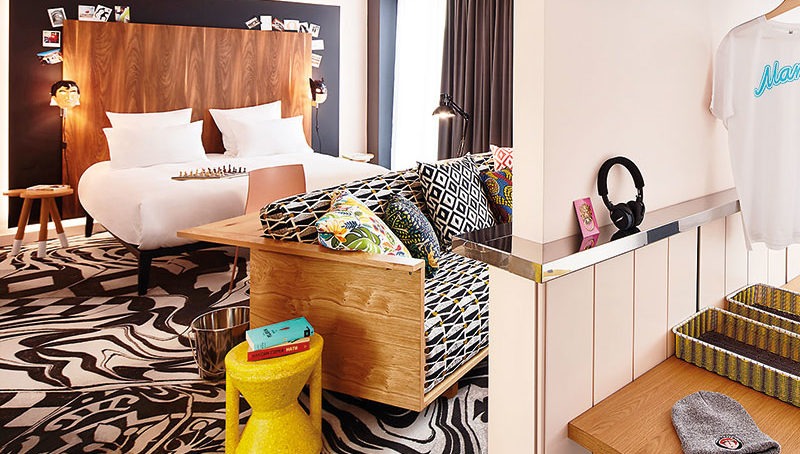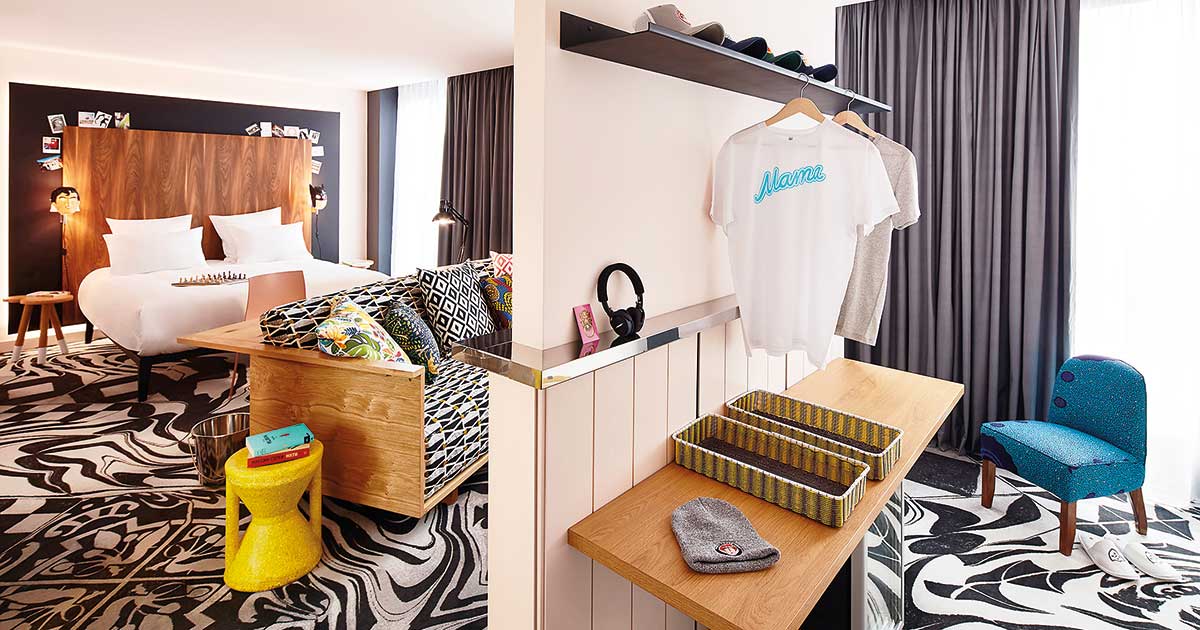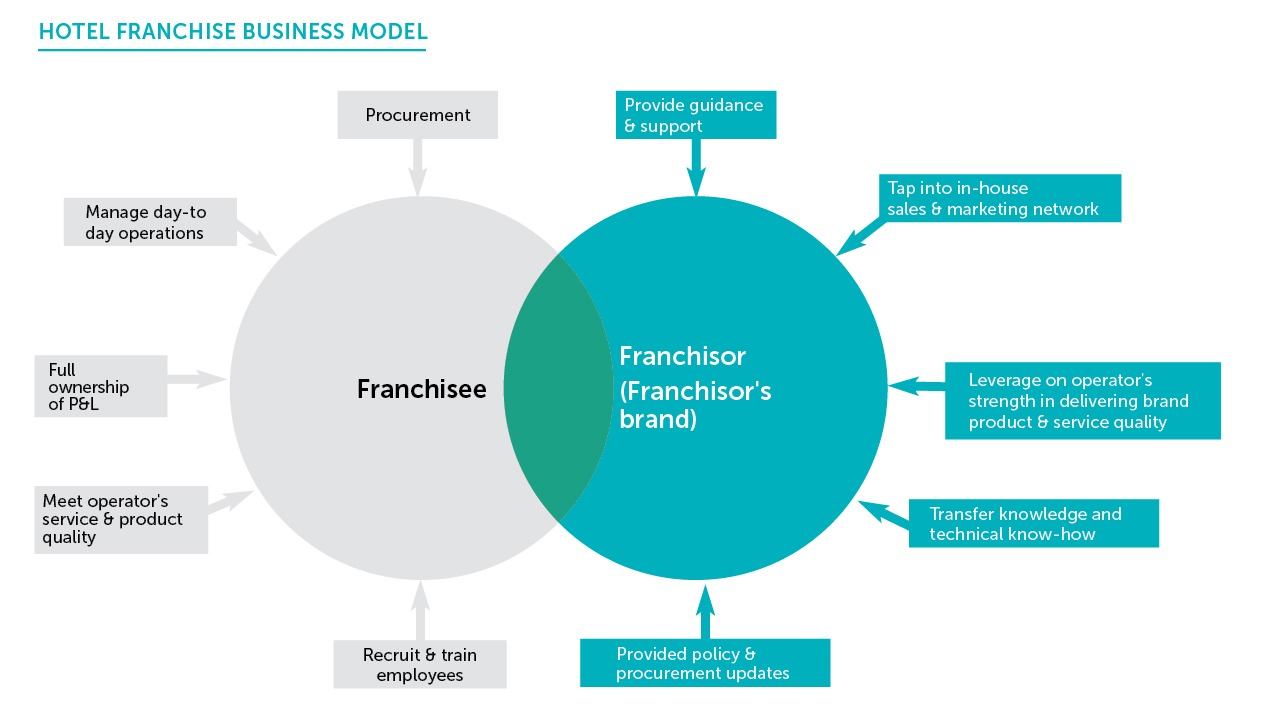With their quest for authenticity, experience and wellbeing, millennials are fast taking over the world of travel and reshaping the hospitality offer in the process. Boutique hotels, which have long been carving out their identity through personalization and authenticity, are among the key beneficiaries of this trend. Nada Alameddine, partner at Hodema Consulting Services, tells us more about this unique field, in which the adventure offering sometimes takes precedence over the lodging component
A quest for authenticity
Created in the US, where Ian Schrager pioneered the concept in the 1980s with his Morgans property, the boutique hotel trend has now taken the world by storm, including the Middle East. Lebanon, which was given the cold shoulder by international brands during its dark years, enjoys a long tradition of small independent hotels, making it an ideal destination for the development of boutique properties with strong identities. Beirut’s Albergo, a landmark address since the 1930s, alongside Le Gray, which opened in 2009, have set the trend in the region. Many developers have also seized a timely opportunity to revamp underperforming traditional independent hotels and reposition them as 3 and 4-star properties.
Always keen to experiment with new experiences, Dubai quickly opened its own boutique property – the XVA Art Hotel – in 2003, and the rest of the region followed suit. Boutique properties soon began growing in popularity, supported by the emergence of unofficial reviews by clients and social network platforms, which allowed travelers to give real-time feedback. The figures spoke for themselves, with large gains witnessed in revenue per available room (RevPAR) and high average daily rates (ADRs).
The success of boutique hotels has been largely attributed to the fact that they have all the ingredients required to produce a successful recipe. These include attention to small details that help to make travelers feel special and appealing to their lifestyle aspirations. Moreover, visitors can now select their hotel according to their tastes; for example, some offer pet menus, while others provide a sensorial adventure with luxury bathroom amenities and even air mattresses. Boutique properties have set a new benchmark for hotel standards, disrupting old habits with innovative ideas. Others use the latest tech tools, such as virtual assistants like Alexa, to facilitate guest experiences inside and outside the hotel, or open pop-up shops and co-working spaces.
One of a kind or one of the crowd?
Having witnessed the favorable reaction to boutique properties among travelers, large hotel chains were keen to ensure they didn’t miss out and began acquiring small-scale, luxury brands or creating their own.
Usually associated with more rigid, traditional lodging, international hospitality giants wanted to prove that they could also be niche and offer a different experience. This has certainly presented challenges for the big names, since their traditional system is based on replicating and standardizing their concepts. Can a big group deliver a truly boutique experience and make customers feel special, providing them with a tailor-made stay when operating dozens of properties? In response to this million-dollar question, one line of thought is that success will be determined by the level of personalization achieved using standardized means. Each boutique hotel needs to define its own identity and stick to it, from check-in to check-out. Two main trends have emerged across the establishments opening recently in and beyond the region, namely the lifestyle interpretation (like Ace and Radisson Red) and the luxurious style (think Edition and Kimpton). Fierce competition has also forced boutique hotels to lower their prices. Modern travelers are now more demanding when it comes to what they’re prepared to pay and are of the opinion that an exclusive stay should not always come with a hefty bill. Operating a boutique hotel has thus become a juggling act, combining a guest experience that stands out with a price tag that doesn’t. In a further development, the success of some brands has seen them leave the boutique hotel category and instead carve a new niche by returning to the style of the properties run by the chain groups of yesteryear, before they went global. W Hotels, acquired by Starwood, is undergoing this shift by evolving into a reincarnation of the Hiltons and Hyatts of previous generations. However, the battle against the mainstream trend is not only being fought by large groups; ever-growing demand is also a challenge for independent properties, with some struggling to retain their authentic experience, while also having to deal with copycats.






















